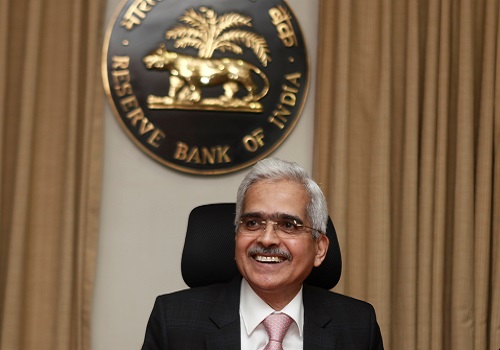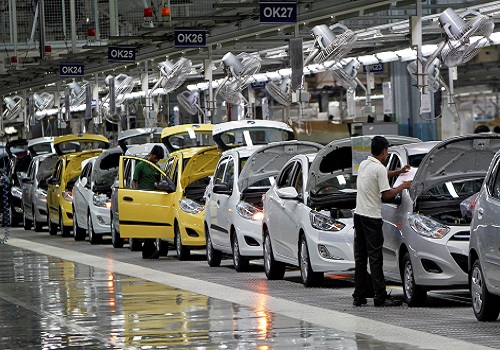United Kingdom wages next year will be at their lowest level since 2006

Follow us Now on Telegram ! Get daily 10 - 12 important updates on Business, Finance and Investment. Join our Telegram Channel
https://t.me/InvestmentGuruIndiacom
Download Telegram App before Joining the Channel
Brits hoping for a new-year salary bump to offset soaring food and energy costs may be disappointed, media reported.
The average British worker's pay in 2023 is expected to fall back to 2006 levels, once inflation is taken into account, according to PwC.
Real wages, which factor in inflation, are expected to fall by as much as 3 per cent in 2022 and another 2 per cent in 2023, PwC has predicted in a report on the UK economy, CNN reported.
The report confirms that wages have stagnated in Britain even as inflation hits double digits, sparking the worst cost of living crisis in decades, CNN reported.
That's led to widespread strikes across the UK economy, encompassing railways, schools, nurses, hospitals and the postal service.
On Friday, passport officers began eight days of strikes that are expected to hit some of the United Kingdom's busiest airports over Christmas and New Year, including Heathrow and Gatwick in London. The government said in a statement that the military would be supporting Border Force but warned travellers to expect delays and disruptions on arrival in Britain.
"2022 has obviously been a highly challenging year for the UK economy, and it is not surprising that these chilly headwinds will continue throughout 2023," Barret Kupelian, a senior economist at PwC said in a statement, CNN reported.
The report offered some hope. Despite the hit to wages, more than 300,000 UK workers could rejoin the labor market in 2023, reducing economic inactivity and alleviating staff shortages in highly skilled sectors, according to PwC.
At the same time, increased immigration to the UK could directly contribute 19 billion pound ($23 billion) to the economy, boosting GDP growth by 1 per cent "even as the whole economy contracts," PwC said.























